Meet North America's 10 'Smartest' Cities
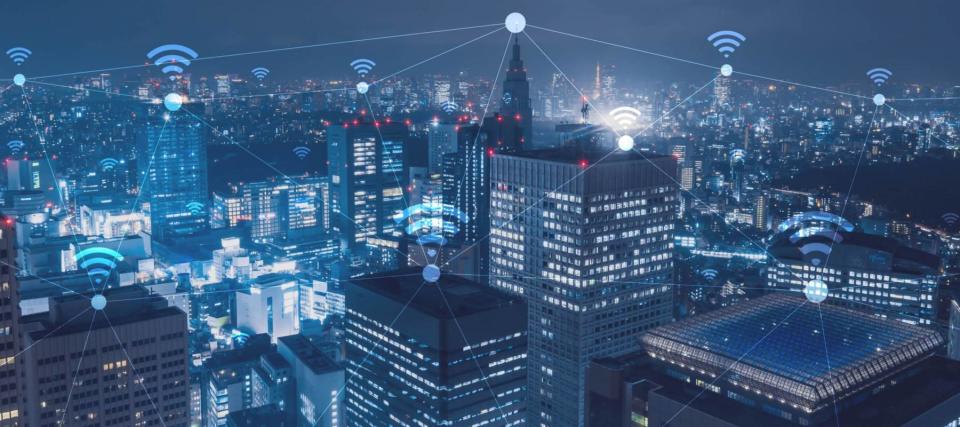
An estimated 82% of people in North America now live in urban areas, according to research from Grayline Group, and those city dwellers are demanding more services and amenities from the communities where they're buying homes and putting down roots.
In response, cities are getting smarter.
They're hiring chief innovation officers and are adopting smart technologies to connect citizens with their surroundings in innovative ways offering more convenience, safety and savings.
Here are 10 North American cities investing in some of the coolest smart tech today.
San Diego
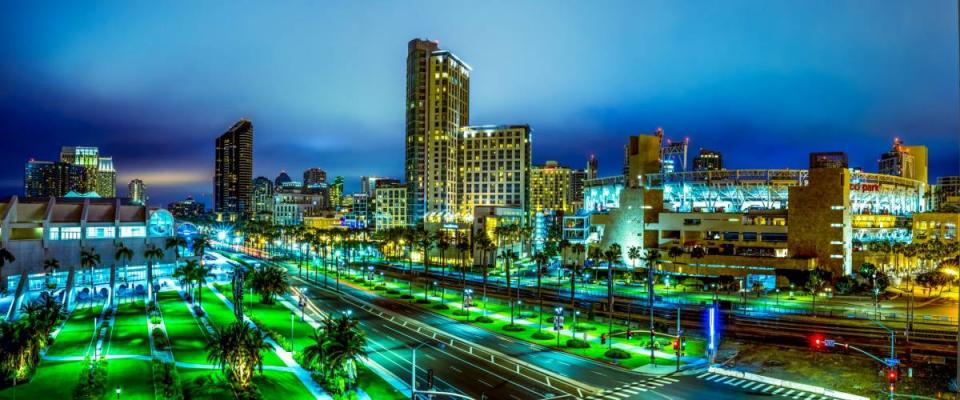
an Diego's Petco Park Stadium (on the right) has been outfitted with smart sensors to improve energy efficiency
San Diego is all about efficiency and connectivity. The city has installed tens of thousands of LED street lights and hundreds of sensors to improve traffic flow, cut energy waste and slash operating costs.
San Diego International Airport now has a renewable power microgrid, electric car chargers and stormwater collection, while the Padres' Petco Park Stadium uses sensors and software to increase its energy efficiency.
Even cooler: Under a smart technology partnership with the Marine Corps, the city is planning to use drones for police work, bridge inspections and other functions.
Toronto
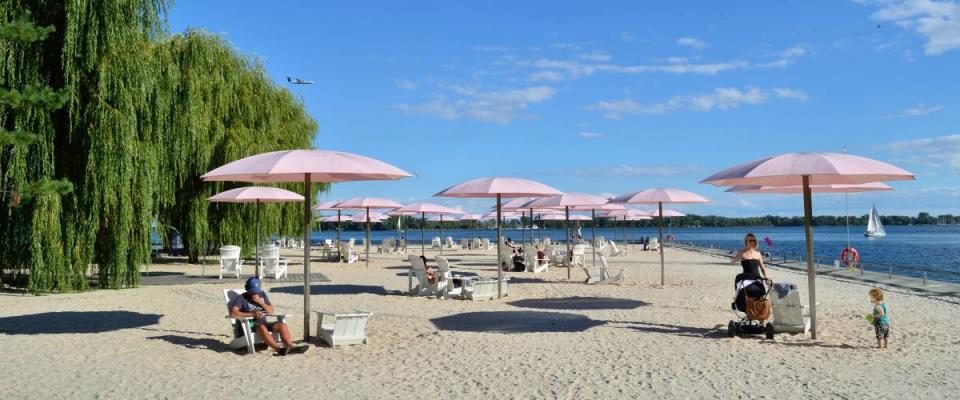
Quayside will be built near Sugar Beach in Toronto's East Bayfront
In 2017, Canada's largest city entered into a partnership with Google subsidiary Sidewalk Labs to build a new, futuristic community spanning 800 acres along Toronto's eastern waterfront.
Called Quayside, the new 'hood will integrate sensors, cameras, and other technologies to control traffic lights, track when garbage needs to be picked up, and even signal if park benches are unoccupied.
The plans for Quayside also call for lower-cost prefab housing, a self-driving shuttle and an energy-efficient thermal grid.
Columbus, Ohio
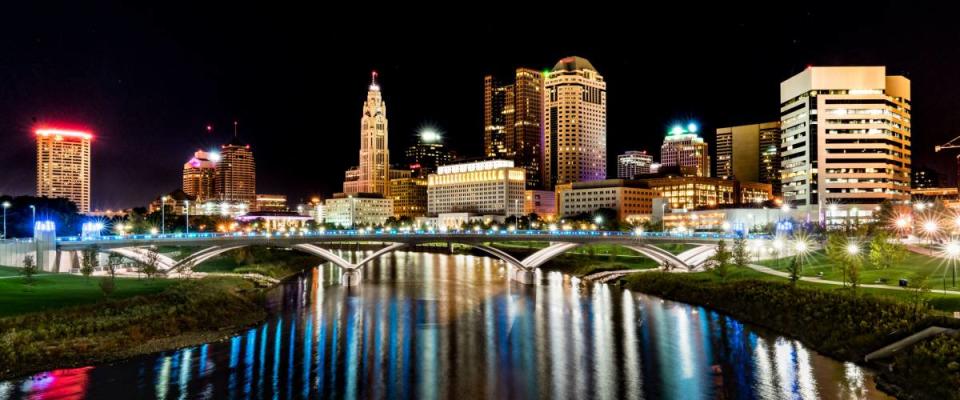
Columbus has been smartening up its urban space.
Starting in 2016 with $50 million in grant money, Columbus was able to pull together a total of $500 million in funding to modernize its urban space and make its smart city vision a reality.
Downtown Columbus now has self-driving shuttles, electric vehicle charging stations, and a new system that monitors traffic, electrical systems, transportation and police reports.
Next up: fully integrated autonomous cars, smart streetlights, and possibly becoming a test site for the Virgin Hyperloop One high-speed train. (And who knows? If the train takes off, we may see a Hyperloop travel rewards credit card.)
Denver
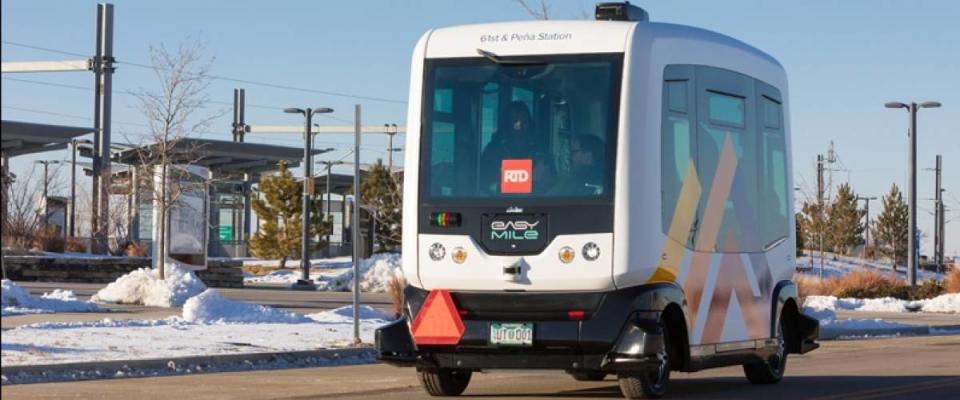
Driverless tech company has launched a self-driving shuttle near Denver's airport.
A futuristic development has sprung up across 400 acres of land beside Denver International Airport.
It's called Peña Station NEXT and is decked out with pollution sensors and a solar-powered microgrid that can provide three days' worth of energy if there's a power outage. Driverless technology company EasyMile has introduced an autonomous shuttle to the area.
With electric car charging stations, data-collecting smart pavement and real-time air quality monitoring in schools under development, Denver is getting smarter by the day.
Chicago

Chicago's using data to keep its public beaches clean
Using data and predictive computer algorithms, Chicago has been cutting crime, improving police response times — and fighting a rampant rat problem.
With nearly 34,000 rat-related complaints coming in per year, the city in 2011 enlisted the help of a Carnegie Mellon computer scientist named Daniel Neill to take crime prediction technology and use it to detect where rodent populations would spike.
Today, Chicago’s rat eradication program is 20% more effective. Plus, the city has developed other statistical models to predict hazardous levels of E. coli bacteria on city beaches and which restaurants are likely to violate health codes. What’ll they think of next?!
San Francisco

New smart parking meter, San Francisco
In 2019, San Fran’s smart tech solutions earned the city a platinum award for walkability from Walk Friendly Communities, which was big news for a place with notorious congestion and a recurring problem with crashes deadly to pedestrians.
New initiatives include sensors that give buses priority at traffic lights, smart parking meters that change pricing based on demand, and an app-based payment system for transit riders.
The city also is testing self-driving shuttles on Treasure Island in San Francisco Bay, and is adding high-occupancy car lanes and pickup zones for carpools.
San Jose, California
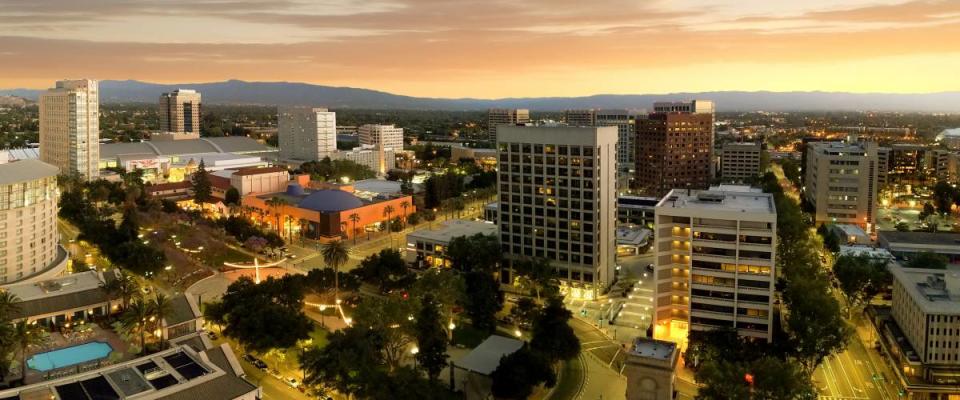
San Jose is using smart technology to address its housing problem.
Silicon Valley’s biggest city, San Jose, is perfectly positioned for testing out smart technologies like public Wi-Fi, and to manage transit and infrastructure.
But the city is bracing for an expansion of Google into its midst, and San Jose is already facing a housing affordability crisis. Home values are averaging over $1 million, and rents are outta control. You need a substantial bank account to move there.
In response, the city is developing a website to help renters apply for affordable housing, plus a data dashboard to track rent-controlled housing and prevent tenants from becoming victims of rent and housing code violations.
Pittsburgh
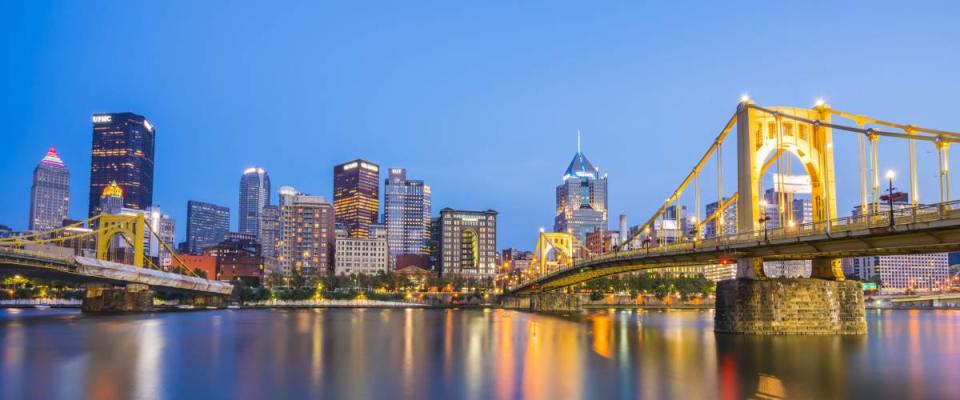
Pittsburgh plans to update its traffic controls, freight management and more
Pittsburgh is leaving its factory past in the dust. It’s now a real-world testing ground for Carnegie Mellon University’s newest tech research, especially self-driving cars.
Uber picked Pittsburgh for its first introduction of autonomous vehicles in 2016, and companies developing driverless vehicles now employ an estimated 1,300 people in the area.
The former steel city's smart city plan also envisions streets not only filled with self-driving vehicles but also powered by local clean energy and using real-time adaptive traffic controls.
Dallas
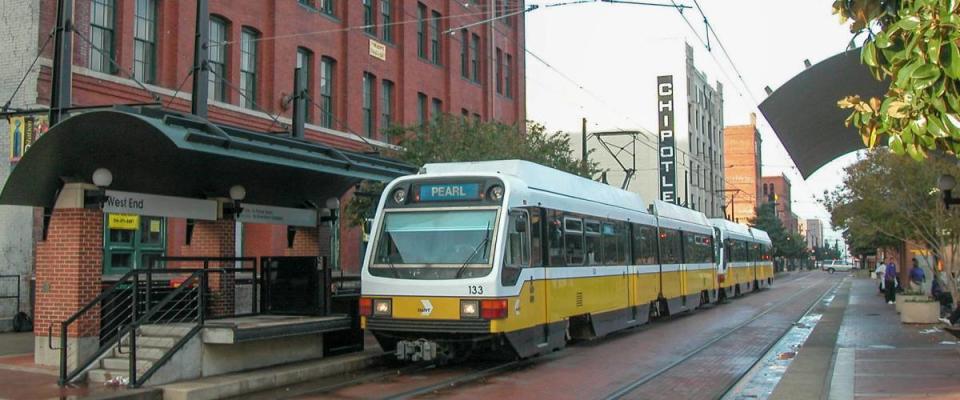
Dallas' West End DART stop has been a magnet for crime. The City hopes to change that with smart tech
Innovation is a group effort, so in 2015 the Dallas Innovation Alliance was formed to bring together public and private interests to launch the Big D into the future.
Local universities and investors are working with the city "to solve city problems, conserve resources and create an inclusive and prosperous city," says Mayor Mike Rawlings.
In 2017, the alliance started a "living lab" in the city, to test out new solutions like pedestrian sensors; intelligent lighting and irrigation; and a smart park with public Wi-Fi.
Kansas City, Missouri
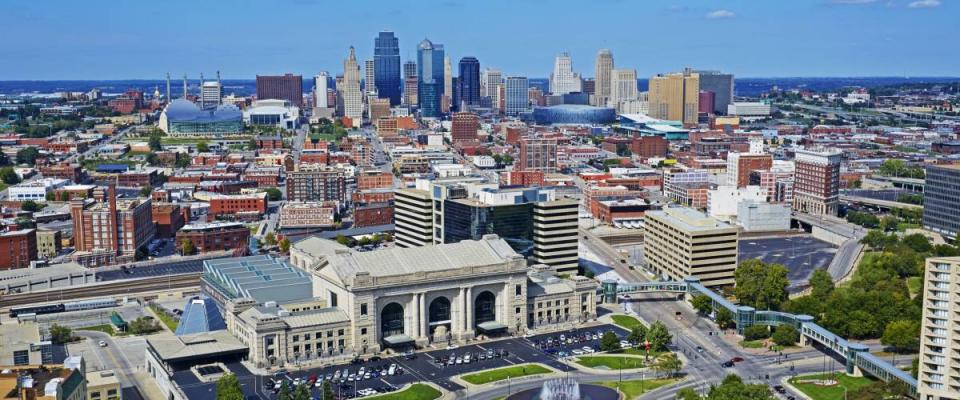
Kansas City wants to become the "world's most connected
Kansas City’s quest is to become nothing less than the "world’s most connected city."
Thanks to a $15 million public-private partnership, the city has added free public Wi-Fi, streetcars, interactive information kiosks and smart streetlights. Plus, KC has been working with Avis on a rollout of smart rental cars.
"If you're into music and you come to Kansas City, it'll take you to the Green Lady Lounge or the Phoenix or where jazz is playing that night," then-chief innovation officer Bob Bennett told U.S. News last year.

 Yahoo Finance
Yahoo Finance 